May is Mental Health Month: A focus on postpartum mental health
In light of May being Mental Health Month as well as Maternal Mental Health Month, we thought we would feature some supportive explorations into postpartum mental health. Postpartum mental health refers to the psychological well-being of a birthing parent following childbirth. It encompasses a range of emotions and experiences, from the "baby blues" which are common and typically resolve within a few weeks, to more serious conditions like postpartum depression (PPD), postpartum anxiety, and postpartum psychosis. If there is ANY concerns you have about your own mental health and stability, it’s important to connect with a therapist or psychiatric nurse practitioner for support. Some symptoms to monitor would be feelings of unrelenting sadness, hopelessness, irritability, or difficulty bonding with the baby. Or if you are noticing excessive worry or fear, often about the baby's health or well-being, it could be an indication of a postpartum mental health diagnosis.
“Postpartum is a quest back to yourself. Alone in your body again. You will never be the same.”
It's important to recognize that these conditions are not signs of weakness or failure as a parent but rather are medical conditions that require treatment and support. Therapy, medication, support groups, and skill building are among the options for managing postpartum mental health issues. Support from family, friends, and healthcare professionals is crucial in helping mothers navigate this challenging time, as you are often isolated. Your routine and access to social support have dramatically shifted.
For folks who have not been through the postpartum journey, imagine you just had a major medical event and then you can’t rest and a beautifully helpless being needs all of your support, love, and time. It would feel impossible. Your body is working on healing and also (if you have decided to breastfeed), you are learning a brand-new skill and having to teach that skill to a tiny human who has been earth-side only a matter of minutes, hours, days, and/or weeks. You didn’t expect this type of hard to exist, and yet the world is telling you that it should feel natural/second-nature.
It is common for visitors to focus on the baby, resulting in potentially increasing the sense of isolation and invisibility for the postpartum parent. So if you are a visitor, friend, family member showing up to congratulate the family on their new addition, here are some curious questions you can use to engage the postpartum parent.
How was the birth experience for you?
I’d really like to help during this time, when is a good time to stop by and provide a meal and/or do a load of laundry?
What things sound like soul-fuel but you feel are inaccessible right now?
Are there any specific challenges you're facing that you'd like to talk about?
Have you had any memorable moments with the baby recently?
Have you received any helpful advice or support from friends or family?
How are you feeling emotionally? It's okay not to feel okay sometimes.
Are you able to get out and about, or do you need some company?
What has surprised you the most about being a new mom?
Remember to approach these questions with empathy and a genuine desire to listen and offer support. Every new mom's experience is unique, so be prepared to adapt the conversation based on her responses and needs.
If you’re thinking about a gift for a new parent, here are some ideas!
Food service: thinking about what to make for a meal and then making that meal takes a level of creativity, time, and energy that postpartum parents may not have access to. When you have access to easy/healthy meals, you heal quicker and your mental health benefits greatly.
Diaper service: you can never have enough diapers and taking the mental load off of a postpartum parent to order more or save them a trip to the store, that is a beautiful gift
Body work: birth is incredibly traumatizing to the body. Getting body work done to rehab injury/pain or calm a stressed nervous system can greatly improve the stability of a postpartum parent.
House cleaning service: managing home tasks, like cleaning or laundering, are often taken care of while baby is sleeping. But when this precious time should be a time where a postpartum parent can rest, shower, read, move their body, etc. But when you are home-bound in the weeks following postpartum, being in a clean/tidy environment can mean the difference between a good mental health day and a hard one.
This blog is about raising awareness about postpartum mental health and reducing stigma surrounding these issues can encourage more postpartum parents to seek help and support when needed.

